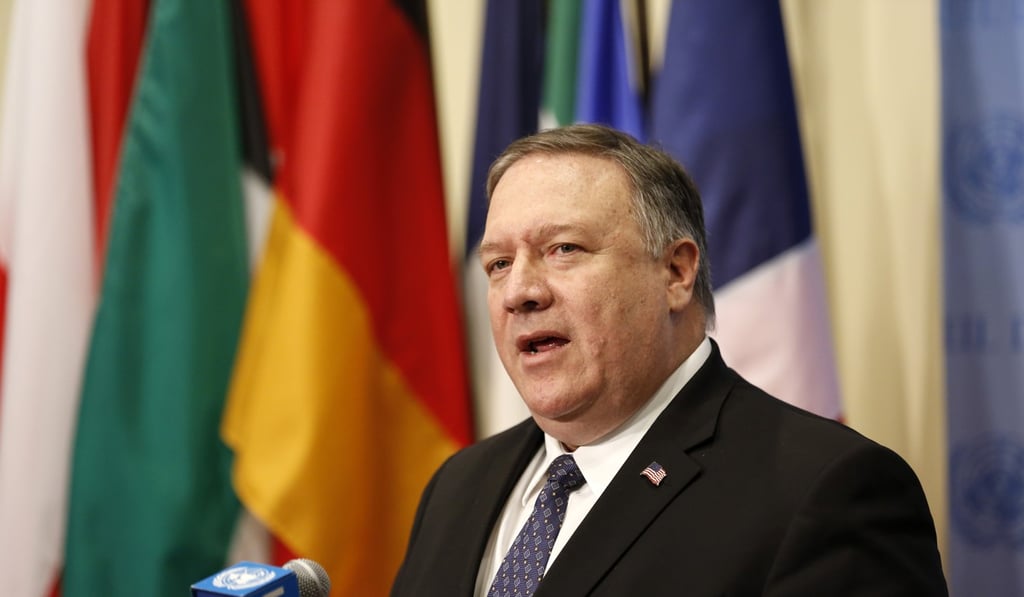Asian Angle | The cold war INF nuclear treaty is dead, killed by rise of China and Trump. A global arms race is next
- The slow death of the Intermediate-Range Nuclear Forces Treaty is part of a collapse in cold war era arms control
- Chaos now beckons, as every country fends for itself. Welcome to the New World Disorder

The treaty signed by US president Ronald Reagan and Soviet leader Mikhail Gorbachev on December 8, 1987, bans production, flight-testing, and possession of all ground-based cruise and ballistic missiles with a range of between 500km and 5,500km.
Currently Washington is accusing Moscow of violating the treaty by testing the ground-launched cruise missile SSC-8, designated as 9M729 in Russia. Moscow denies this, saying the missile has not been developed and tested for the banned range. Last month, a Russian commander, General Mikhail Matveyevsky, announced its maximum flight range as 480km. The US remains unconvinced, citing intelligence data.

To save the treaty, Moscow began bilateral negotiations in Geneva on January 15. These ended in failure. The US side was prepared to discuss nothing but the details of the SSC-8 elimination while Russia pressed for a comprehensive discussion. Obviously, the perception gap cannot be bridged.
